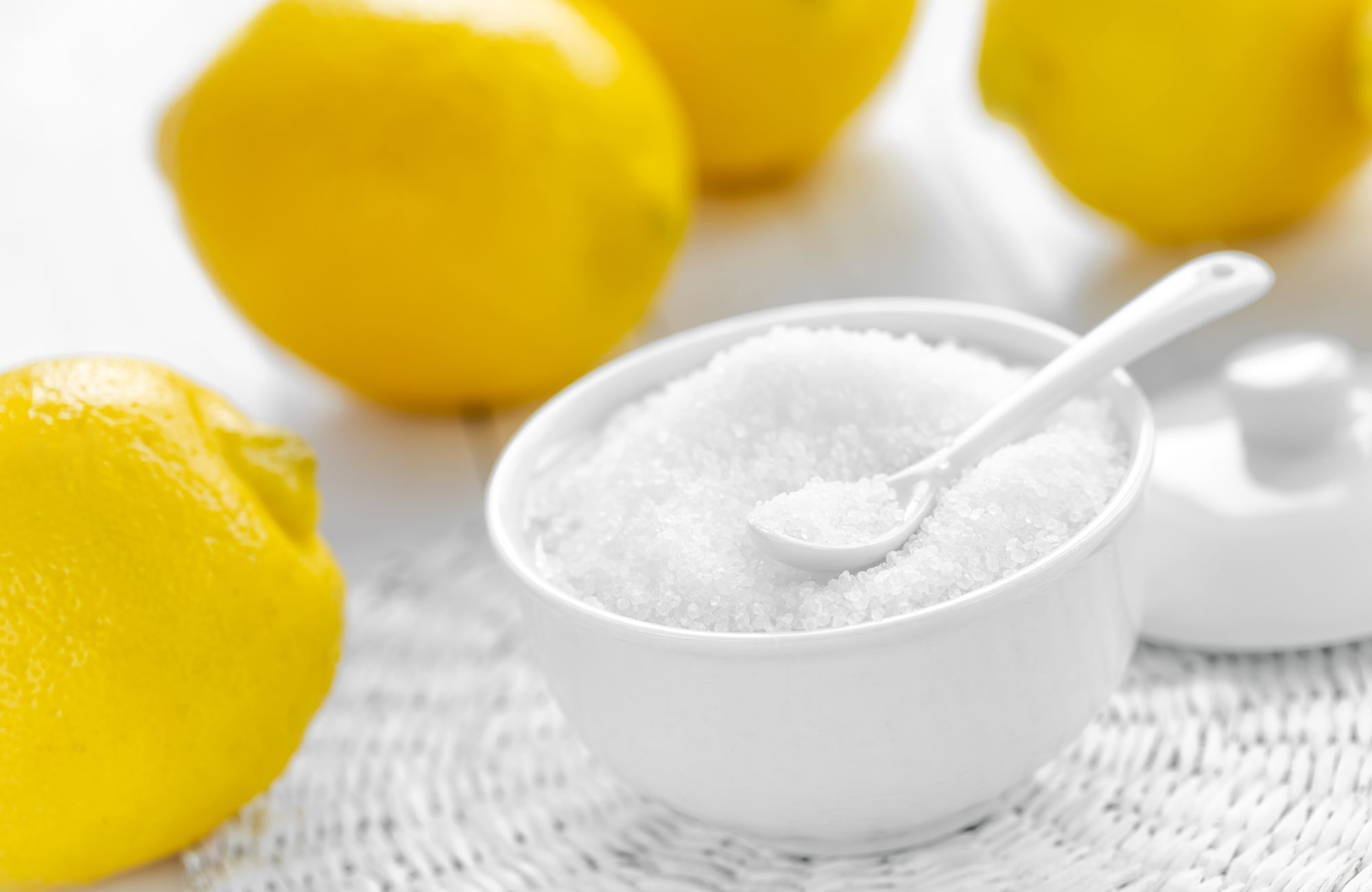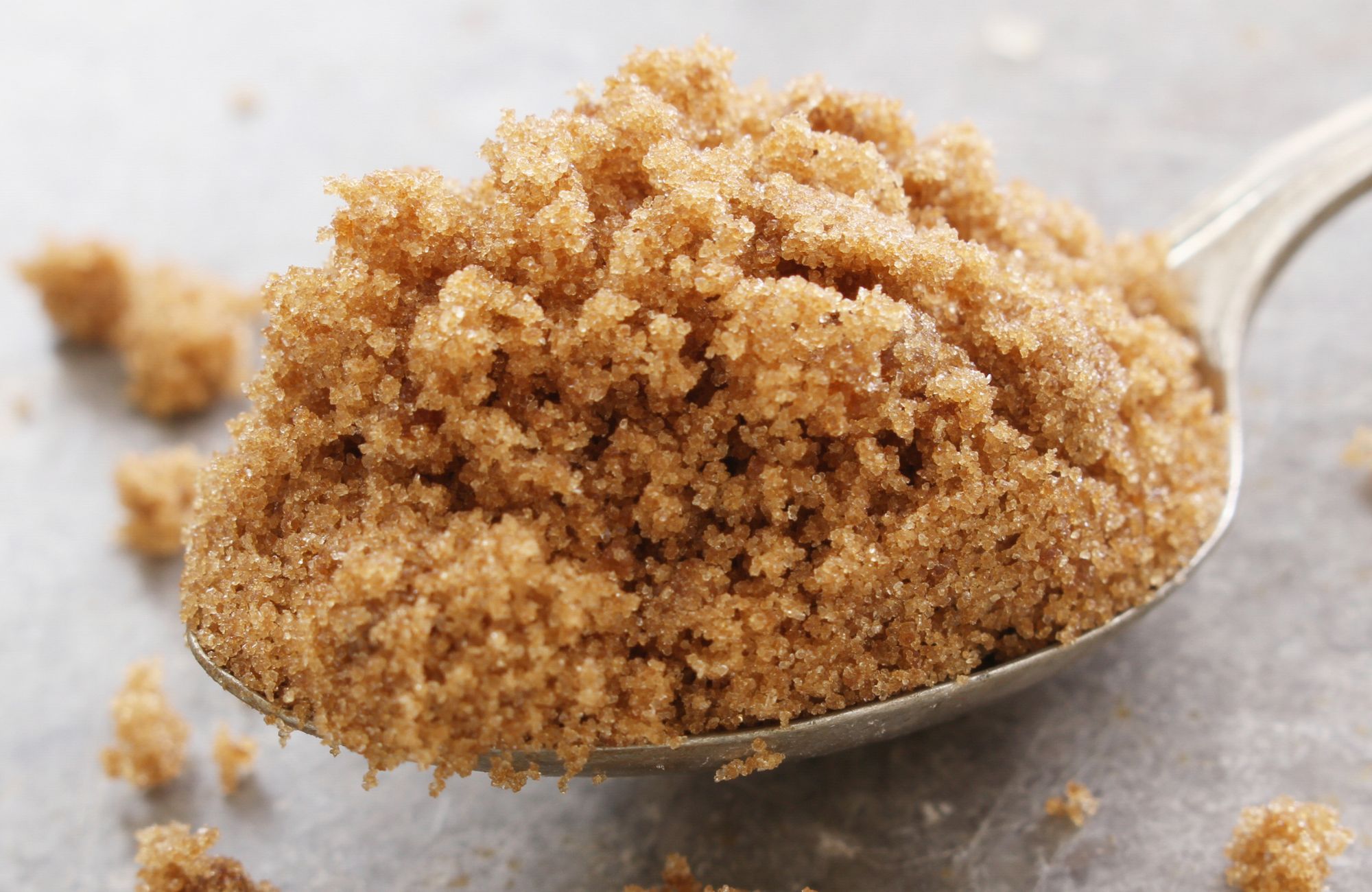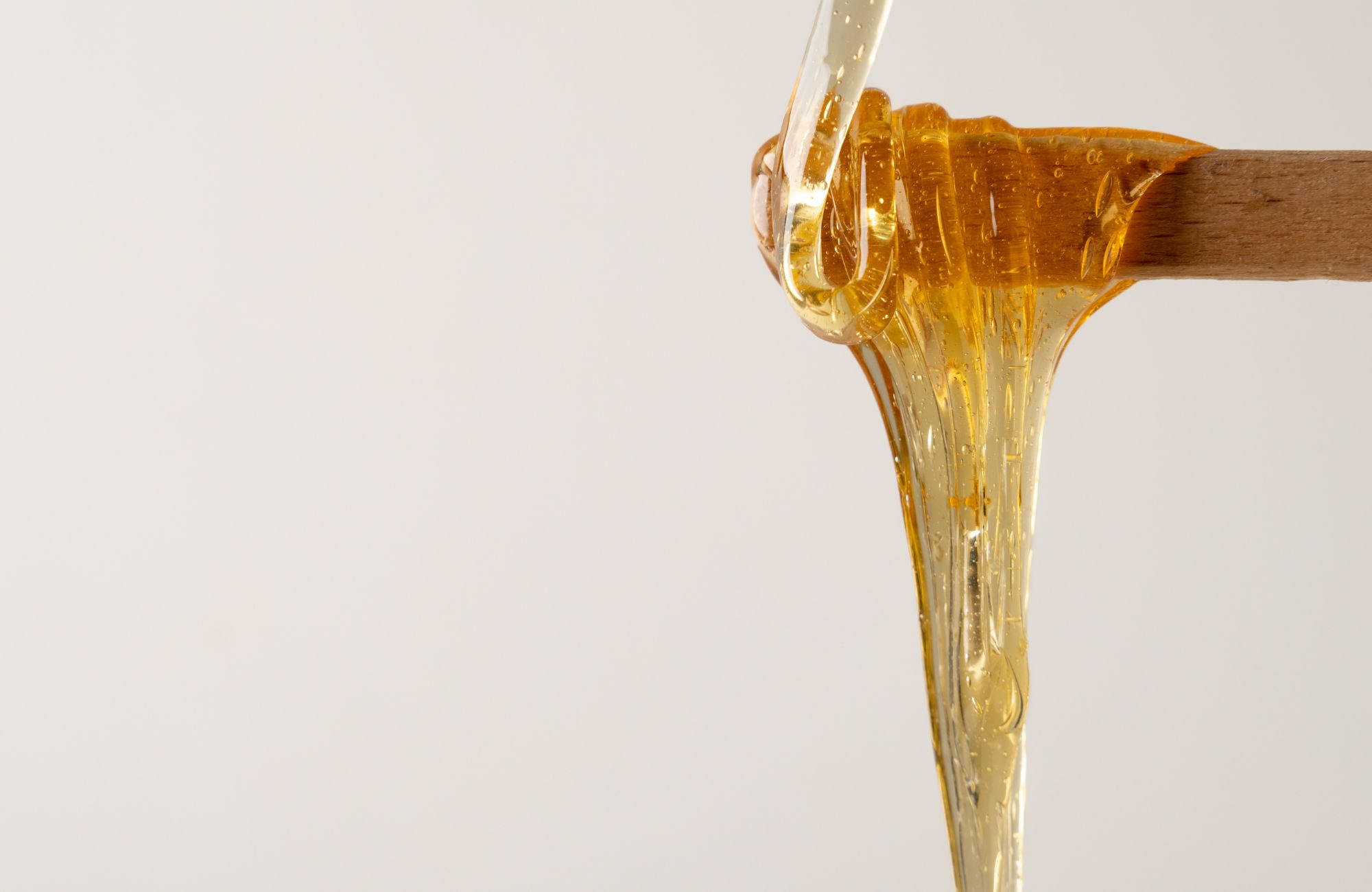
Is Citric Acid Vegan? A Comprehensive Guide
Ever found yourself scrutinizing a food label and wondering about that ubiquitous ingredient, citric acid? If you follow a vegan lifestyle, you’ve likely questioned whether this common additive aligns with your ethical choices. The good news is that we’ve done the research to provide you with a comprehensive answer to the question: is citric acid vegan?
What is Citric Acid?
Citric acid is a weak organic acid naturally found in citrus fruits like lemons, oranges, grapefruits, and limes. It is what gives these fruits their characteristic sour taste. While citric acid occurs naturally in many fruits and vegetables, the vast majority used in commercial products today is produced through industrial processes rather than extracted directly from fruits. This crystalline white powder dissolves easily in water and serves multiple functions across various industries. Its chemical formula, C₆H₈O₇, identifies it as a tricarboxylic acid with three carboxyl groups that contribute to its acidic properties.
Citric acid also has a long shelf life, typically lasting up to three years when stored in a cool, dry place away from moisture and direct sunlight, making it a reliable and stable ingredient for manufacturers. First isolated from lemon juice in 1784 by Swedish chemist Carl Wilhelm Scheele, citric acid is now one of the most widely used food additives globally, with annual production exceeding two million tons.
The Science Behind Citric Acid
From a chemical standpoint, citric acid plays a crucial role in cellular metabolism as part of the citric acid cycle (also known as the Krebs cycle), which is fundamental to energy production in most living organisms. This universal importance in biological systems speaks to its natural origins.
When used as an additive, citric acid functions in several ways:
- Acidulant: It adds tartness and enhances flavors
- Preservative: It inhibits bacterial growth by lowering pH
- Antioxidant: It prevents color changes and rancidity
- Chelating agent: It binds metal ions to prevent deterioration
- pH regulator: It controls acidity in formulations
In its solid form, citric acid remains stable under normal conditions but can degrade when exposed to high temperatures, excessive moisture, or strong oxidizing agents.
Commercial Production of Citric Acid
Here’s where the vegan question becomes relevant. While citric acid naturally occurs in fruits, extracting it directly from citrus would be prohibitively expensive for commercial applications. Instead, approximately 99% of the world’s citric acid is produced through microbial fermentation—a process that uses carbohydrates as food for certain microorganisms.
The Fermentation Process
The commercial production of citric acid typically follows these steps:
- Culture preparation: Specific strains of the mold Aspergillus niger are cultivated
- Medium preparation: A nutrient-rich solution containing carbohydrates from sources like molasses, corn steep liquor, or sugar beets is prepared
- Fermentation: The mold is introduced to the medium in large bioreactors where it metabolizes the carbohydrates and produces citric acid
- Filtration: The fungal biomass is removed
- Precipitation: Calcium hydroxide is added to form calcium citrate
- Acidification: Sulfuric acid converts calcium citrate back to citric acid
- Purification: The solution undergoes various purification steps
- Crystallization: The purified solution is crystallized to form citric acid crystals
- Drying: The crystals are dried to produce the final product
This process relies on microorganisms rather than animals, which is promising from a vegan perspective. However, some vegans raise concerns about certain aspects of the purification process, which we’ll address shortly.
Understanding Veganism
Before we answer whether citric acid is vegan, it’s important to understand what veganism means. At its core, veganism is a lifestyle aimed at avoiding, as much as possible and practicable, all forms of animal exploitation and cruelty, whether for food, clothing, cosmetics, or entertainment. This includes avoiding meat, dairy, eggs, honey, animal-derived materials like leather and wool, products tested on animals, and industries that exploit animals. Veganism exists on a spectrum. Some people follow a more flexible or pragmatic approach, while others stick to very strict standards. These differing viewpoints can influence how vegans assess ingredients like citric acid.
Is Citric Acid Vegan?
The short answer: Yes, citric acid is generally considered vegan. Since commercial citric acid is produced through microbial fermentation using carbohydrates from plant sources, the ingredient itself doesn’t contain animal products or by-products. The microorganisms used (primarily Aspergillus niger) are fungi, not animals, so their cultivation doesn’t involve animal exploitation by vegan standards.
However, there are some nuances worth considering:
Potential Concerns for Strict Vegans
- Processing aids: During purification, some manufacturers might use filtering agents like bone char (especially in countries with less stringent regulations). This is rare but not impossible.
- Cross-contamination: Production facilities that handle both animal and plant products might present cross-contamination risks, though the final citric acid would contain only trace amounts if any.
- Animal testing: While citric acid itself has a long history of use and doesn’t require new safety testing, novel applications or formulations containing citric acid might have undergone animal testing.
- GMO concerns: Some Aspergillus niger strains used in production are genetically modified for higher yields. While GMOs aren’t inherently non-vegan, some vegans prefer to avoid them for environmental or ethical reasons.
For most practical purposes, citric acid can be included in a vegan diet without concern. The possibility of animal-derived processing aids is minimal in modern production, and any traces would be removed during purification.
Industrial and Commercial Applications
Citric acid’s versatility makes it a valuable ingredient across multiple industries:
Food and Beverage Industry
Citric acid is commonly added to:
- Soft drinks and fruit juices (for tartness)
- Candies and confectionery (for sour flavor)
- Jams, jellies, and preserves (as a preservative)
- Canned foods (to prevent discoloration)
- Frozen fruits (to prevent oxidation)
- Cheese products (for texture and as a preservative)
- Baked goods (as a leavening agent when combined with baking soda)
Cosmetics and Personal Care
In personal care products, citric acid serves as:
- A pH adjuster in skin care formulations
- An alpha-hydroxy acid in exfoliating products
- A preservative in lotions and creams
- A stabilizer in various cosmetic formulations
Cleaning Products
Citric acid excels in cleaning applications:
- As a descaling agent for removing mineral deposits
- In dishwasher detergents for spot-free dishes
- In bathroom cleaners to remove soap scum
- Homemade cleaning products as an eco-friendly alternative
Pharmaceutical Uses
The pharmaceutical industry uses citric acid for:
- Effervescent tablets (reacting with carbonates)
- pH adjustment in various formulations
- Flavoring in liquid medications
- Preservation of certain drug formulations
Reading Labels: A Vegan’s Guide to Citric Acid
When reading product labels, here’s what you should know:
- Citric acid will be listed directly as “citric acid” on ingredient lists
- It may sometimes be listed as “citrate” in the form of various salts (sodium citrate, potassium citrate)
- The source of citric acid is rarely specified on labels
- Look for “vegan” or “certified vegan” logos for additional assurance
- When in doubt, contact manufacturers directly to inquire about their citric acid sourcing
Many food manufacturers now understand vegan concerns and are willing to provide information about their ingredients and processing methods.
Conclusion
Citric acid is widely regarded as vegan friendly due to its microbial fermentation process, which typically uses plant based carbohydrates and does not involve animal products or byproducts. While some concerns may arise around purification methods, GMOs, or potential cross contamination, these issues are minimal in most modern production systems. For the majority of vegans, citric acid can be safely included in their lifestyle without compromising their ethical values.
At US Sweeteners, we are committed to providing high-quality, ethically sourced ingredients that meet the standards of conscious consumers. Whether you are formulating food, beverages, or personal care products, our citric acid and other sweeteners align with vegan values. Contact us today to learn more about our product offerings or to request a sample. We are here to help you create cleaner, more responsible formulations.
FAQs
Can vegans eat citric acid?
Yes, vegans can eat citric acid as it’s generally produced through microbial fermentation using plant-derived carbohydrates, giving it a vegan status that’s widely accepted in the community. Many food manufacturers specifically confirm the vegan-friendly nature of their citric acid to address consumer concerns.
Is citric acid animal-derived?
No, citric acid is not animal-derived; it’s primarily produced by fermenting plant-based carbohydrates using the mold Aspergillus niger, making it a valuable ingredient for the food industry. The commercial production method has been optimized over decades to eliminate the need for animal-derived processing agents.
What is citric acid made from?
Commercial citric acid is made from carbohydrate sources like sugar beets, corn steep liquor, or molasses that undergo fermentation with the fungus Aspergillus niger, creating a versatile flavor enhancer and preservative. The resulting citric acid is chemically identical to that found naturally in citrus fruits, though much more economical to produce at scale.
Can vegans eat citrus?
Absolutely, vegans can eat citrus fruits as they are completely plant-based and serve as natural sources of citric acid, which extends shelf life in foods and functions as a flavoring agent in many products. Citrus fruits are actually excellent additions to a vegan diet as they provide vitamin C, antioxidants, and natural acidity that can replace animal-derived ingredients in many recipes.



Leave a Reply